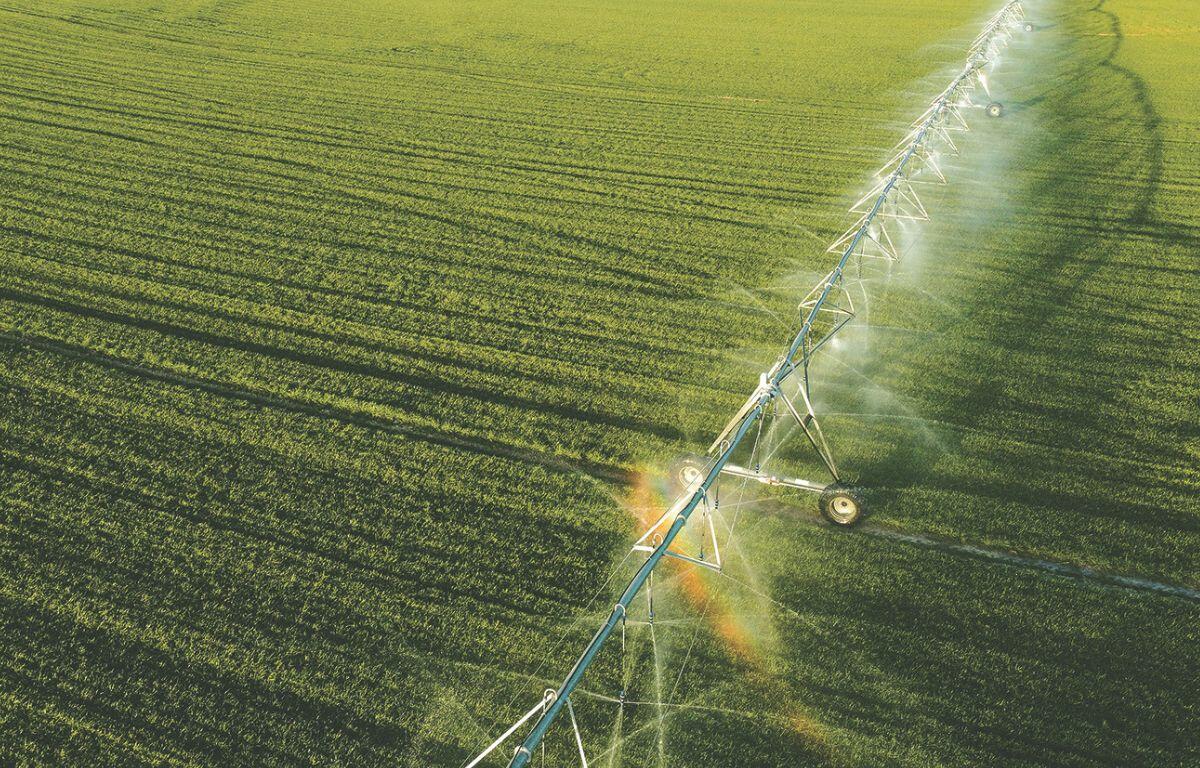COVINGTON, Ind. (Chambana Today) — Area farmers and agricultural professionals will have the opportunity to hear directly from leading crop experts from Illinois and Indiana during a one-day Bi-State Crops Conference scheduled for Thursday, Dec. 12, at the Beef House Oak Room. The event runs from 10 a.m. to 2:30 p.m. EST and includes lunch.
The conference brings together specialists from Purdue Extension and University of Illinois Extension—part of the University of Illinois Urbana-Champaign—to share the latest research and management strategies aimed at improving crop production, sustainability, and farm profitability.
“This conference brings together some of the most knowledgeable crop specialists in the region,” said event coordinator Tricia Herr. “Our goal is to give farmers practical, research-based information they can take home and apply to their own operations this growing season.”
Presentations include:
-
Nitrogen and sulfur fertilization research from Illinois Field Crop Research and Extension Specialist Giovani Preza Fontes, covering nutrient timing and management for soybeans, strip-till, no-till, and cover crop systems.
-
Short-stature corn hybrids from Purdue Extension corn specialist Dan Quinn, detailing comparisons with full-stature hybrids and exploring row spacing, seeding rates, and nitrogen strategies.
-
Corn and soybean disease management from Illinois Field Crop Pathology and Extension Specialist Boris Camiletti, who will discuss approaches to threats such as tar spot, red crown rot, and southern rust.
The $35 registration fee, payable at the door by cash or check, includes lunch. Certified Crop Adviser CEUs, Indiana PARP credits, and Indiana Commercial CCHs will also be available. Participants can reserve a spot at go.illinois.edu/BiStateCrops or contact Tricia Herr at 765-364-6363 or triciaherr@purdue.edu.
University of Illinois Extension—serving all 102 Illinois counties—acts as the statewide public outreach arm of the University of Illinois Urbana-Champaign and the College of ACES, bringing research-driven agricultural education and resources directly to farmers and communities.


